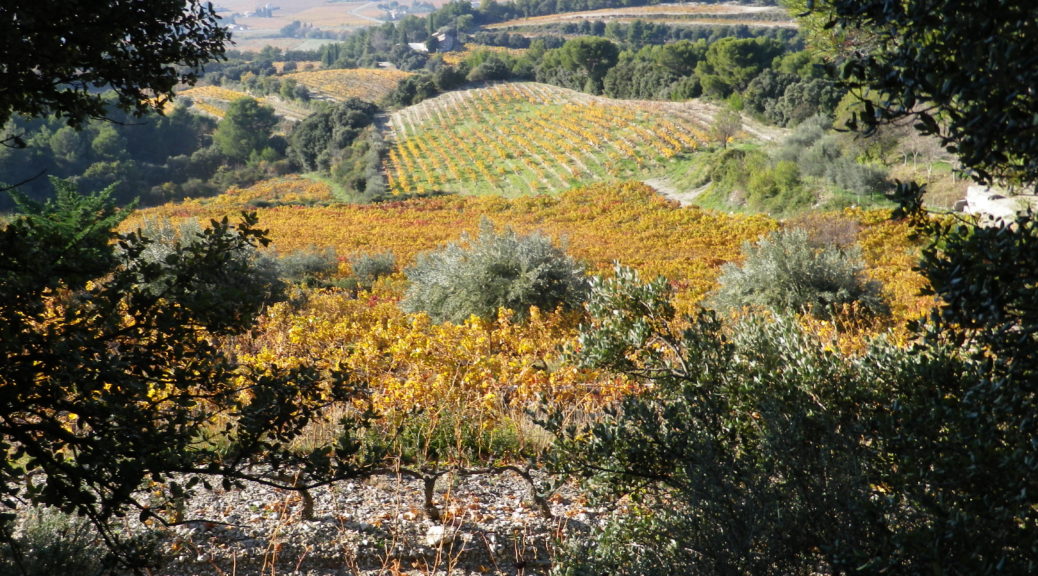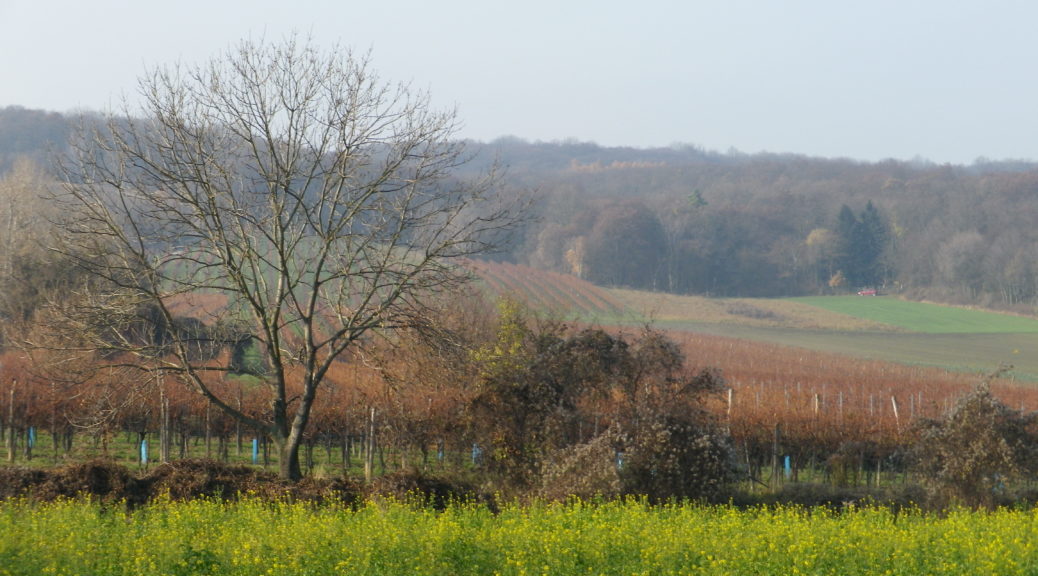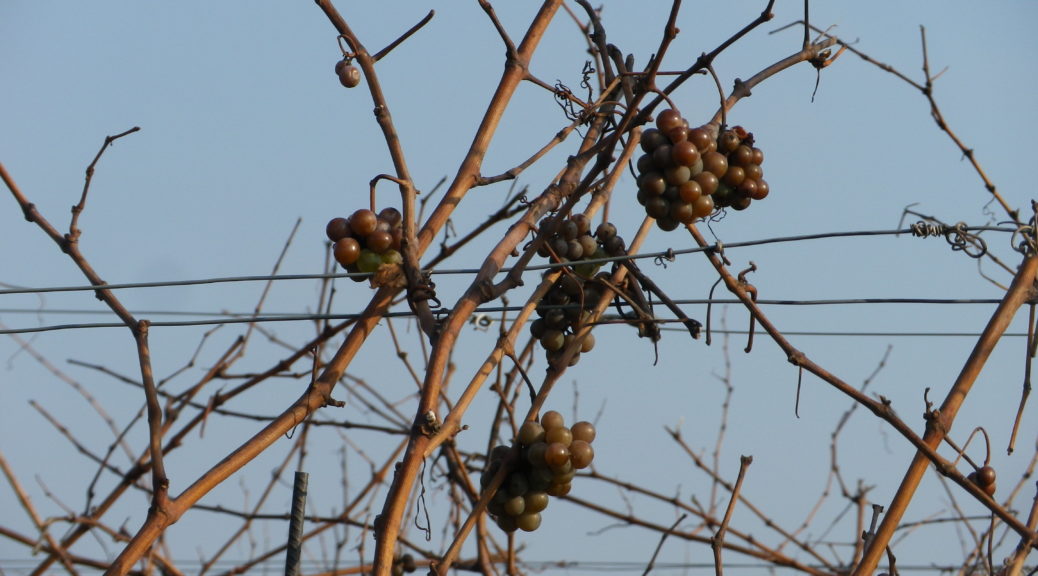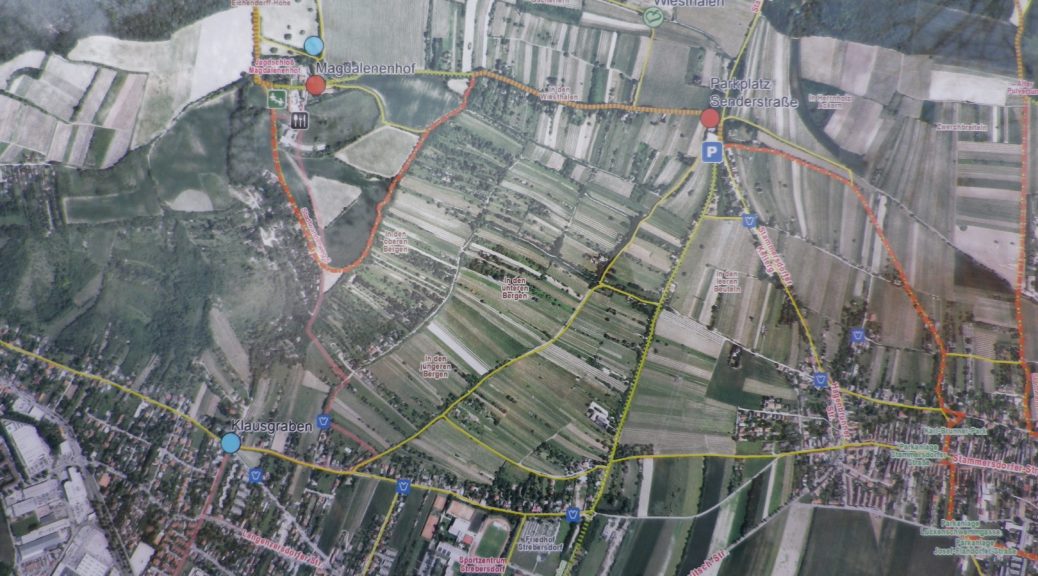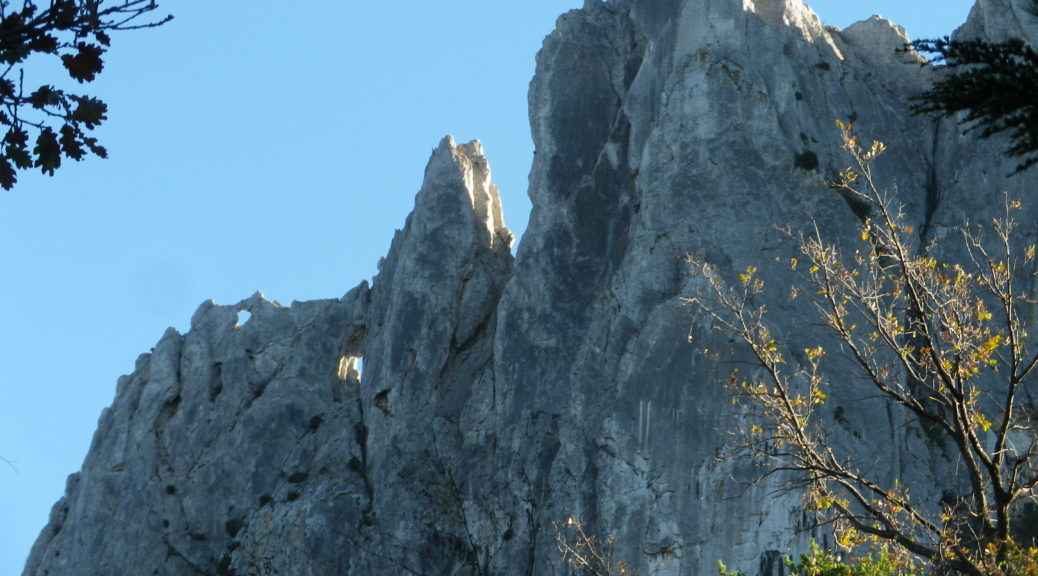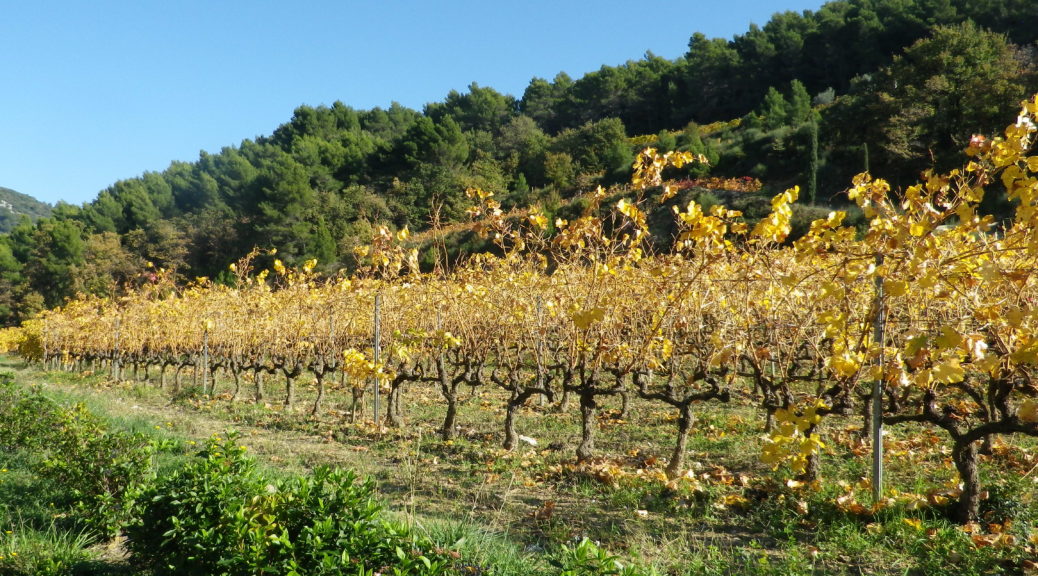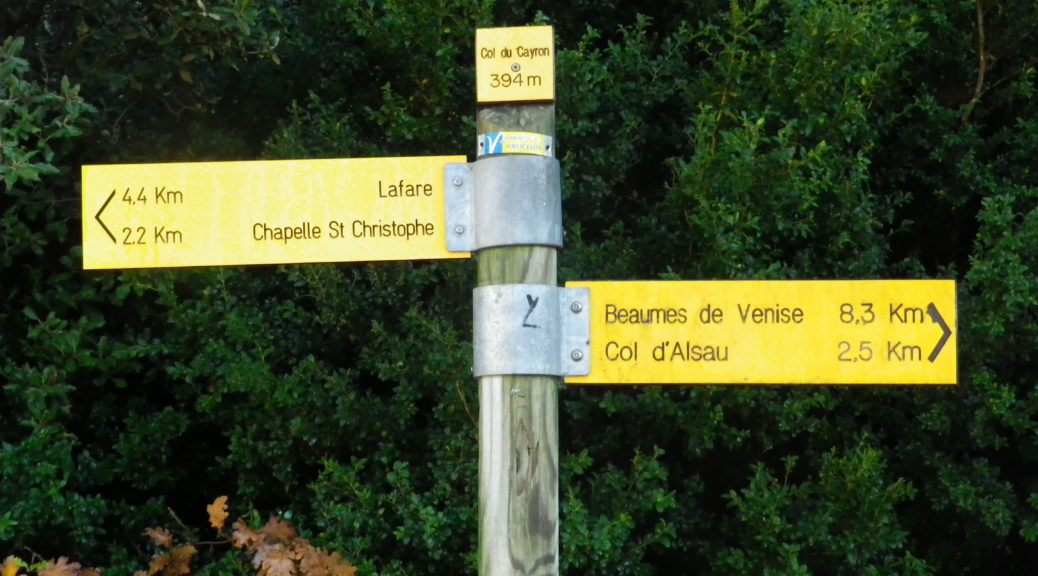Monthly Archives: December 2016
Wien und Wein
Two words to know if travelling to Vienna: Wien, the German name for the city, and Wein, the German word for wine. Although they look similar, a transposition of the vowels makes the two diphthongs sound very different, which imparts very different meanings – important to keep in mind when ordering some of Vienna’s delicious wines. Wine is everywhere in Vienna.
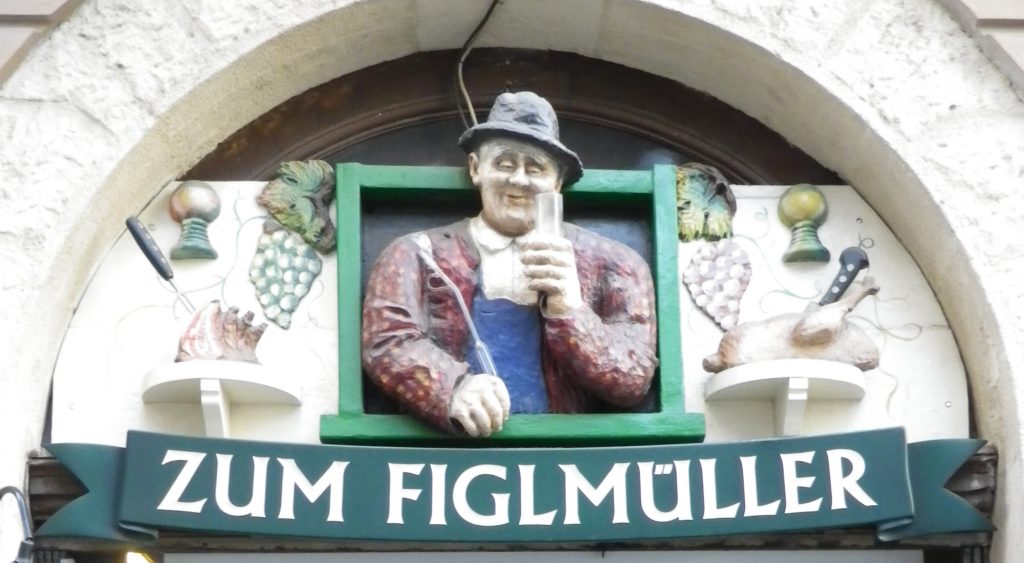
Wine Notes: Vienna
What I Learned
Vienna is the only European capital with vines grown within its city limits. While the Romans were here, definitive proof that vines were located inside the walls, in the current First District (the area around the Hofburg and the cathedral), dates only to the late Middle Ages.
Nowadays, there are three primary vineyard areas within the city, (and two other areas, by Sievering and Oberlaa). The Bisamberg, east of the Danube, centering around Stammersdorf and Strebersdorf. Wine growing in Stammersdorf, on the Bisamberg, began in the 12th century. The terroir here favors the Pinot family of grapes.
Stadtwanderweg 5: Trail in a Nutshell
Trail Name: Stadtwanderweg 5
Trail Type: Mid-distance; almost exclusively paved with paving stone or tarmac, well maintained, and very well-marked.
Length: Total: 10.3 kilometers/ 6.3 miles
Convenient to: Vienna, Austria
Marking: (Mostly) Wooden signs with the words: Stadtwanderweg 5
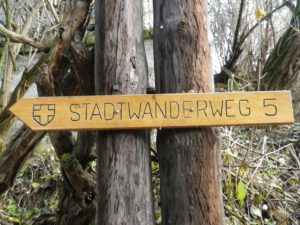
Wine and the Dentelles
What do the Dentelles de Montmirail and Gigondas wines have in common? In my mind, both are compelling and chiseled. The explanation is a bit further below. First, some definitions of terms used.
What are the Dentelles? A scientific explanation would go into the creation of limestone, and then into a discussion of plate tectonics and fault lines. Together, these geological forces created sharp ridges of jagged, limestone peaks rising over 500 meters. A photograph is much more impressive though.
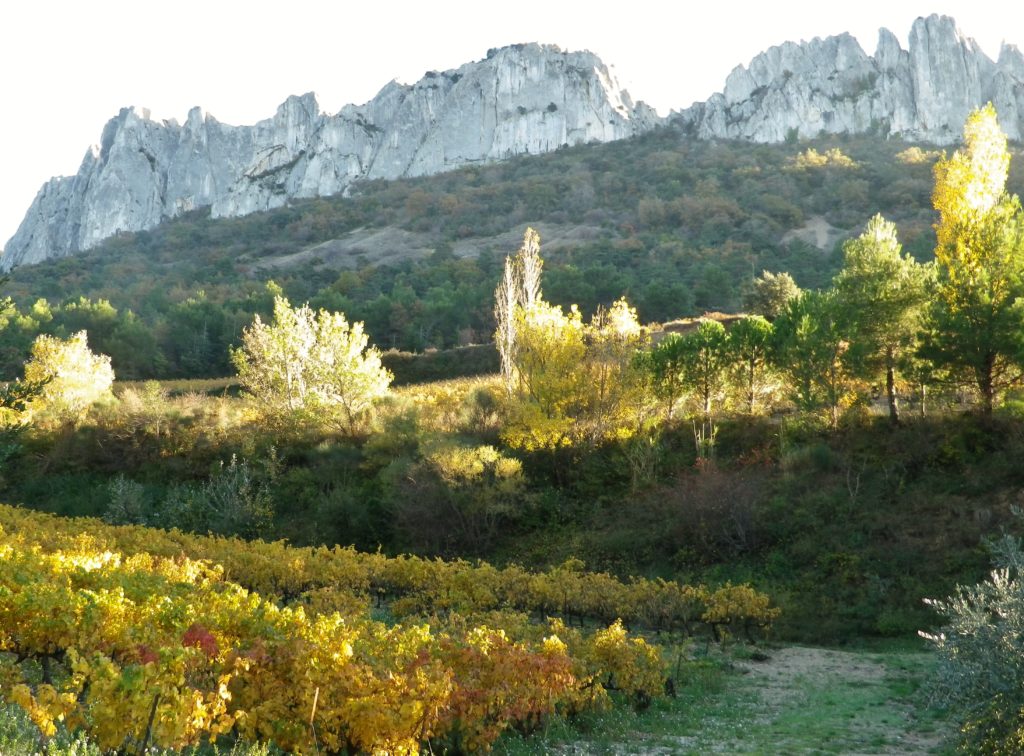
Wine Notes: Gigondas
What I Learned
Wines from France’s southern Rhone Valley are quite popular. However, within that geographic area, and distinct from the Rhone appellation, there are distinct appellations singled out for their exceptional quality. Gigondas wines merit both their own appellation and the praise they evoke. Powerful and distinctive, they have a unique taste due in large part to the unique geology of the area.
Gigondas: Trail in a Nutshell
Trail Name: Not named officially
Trail Type: Short distance circuit; paved in the village, loose stone, and uneven, rocky and earthen surfaces otherwise. (These are mostly dry, and can be slippery in places). The trail is somewhat maintained, but the route itself is neither named nor consistently marked.
Length: Total: (Approximately) 6.5 kilometers/ 4 miles
Convenient to: Orange, or Avignon, France
Marking: Initially red and yellow rectangular lines, then blue dots and/or yellow rectangular lines.
